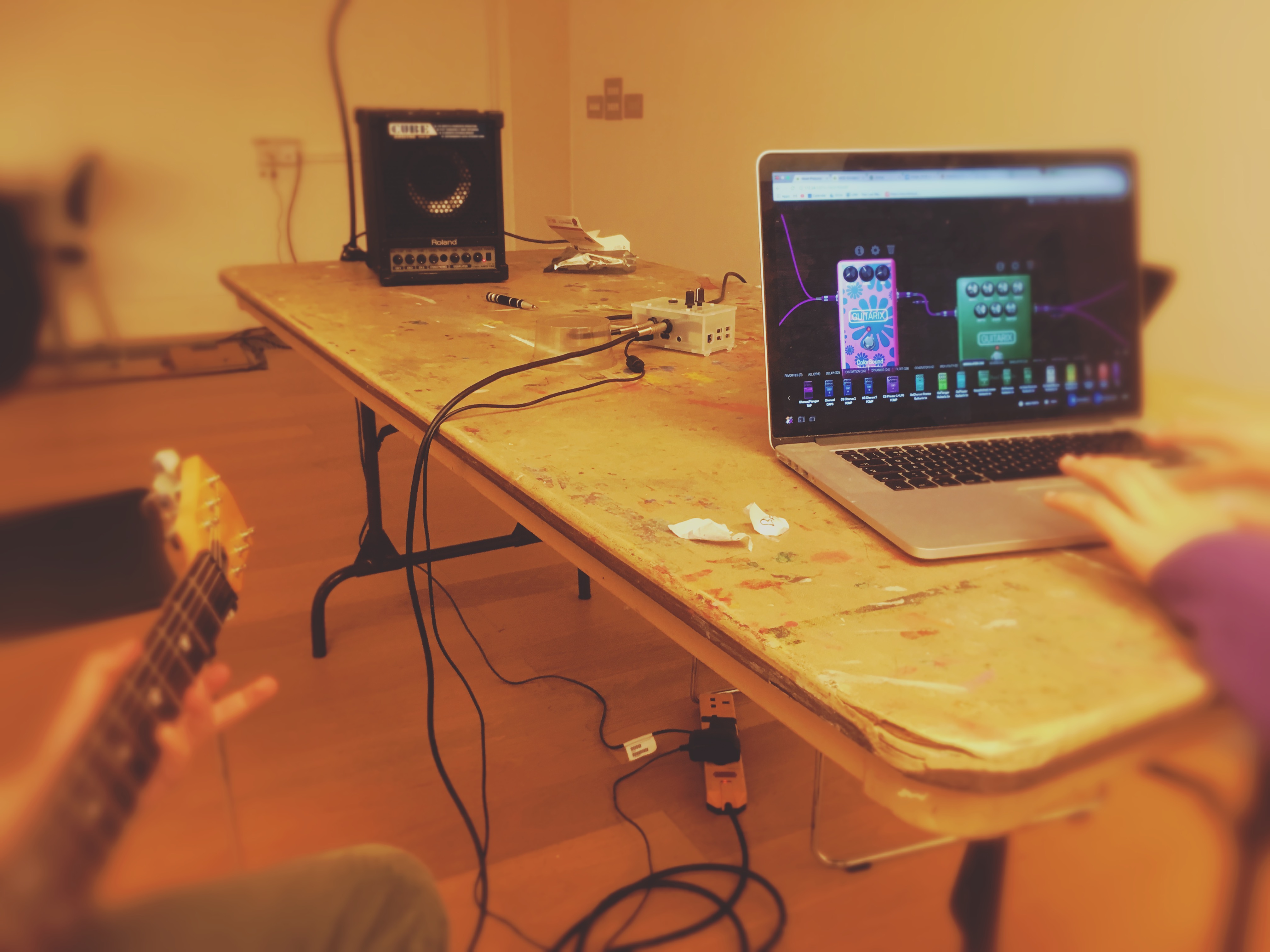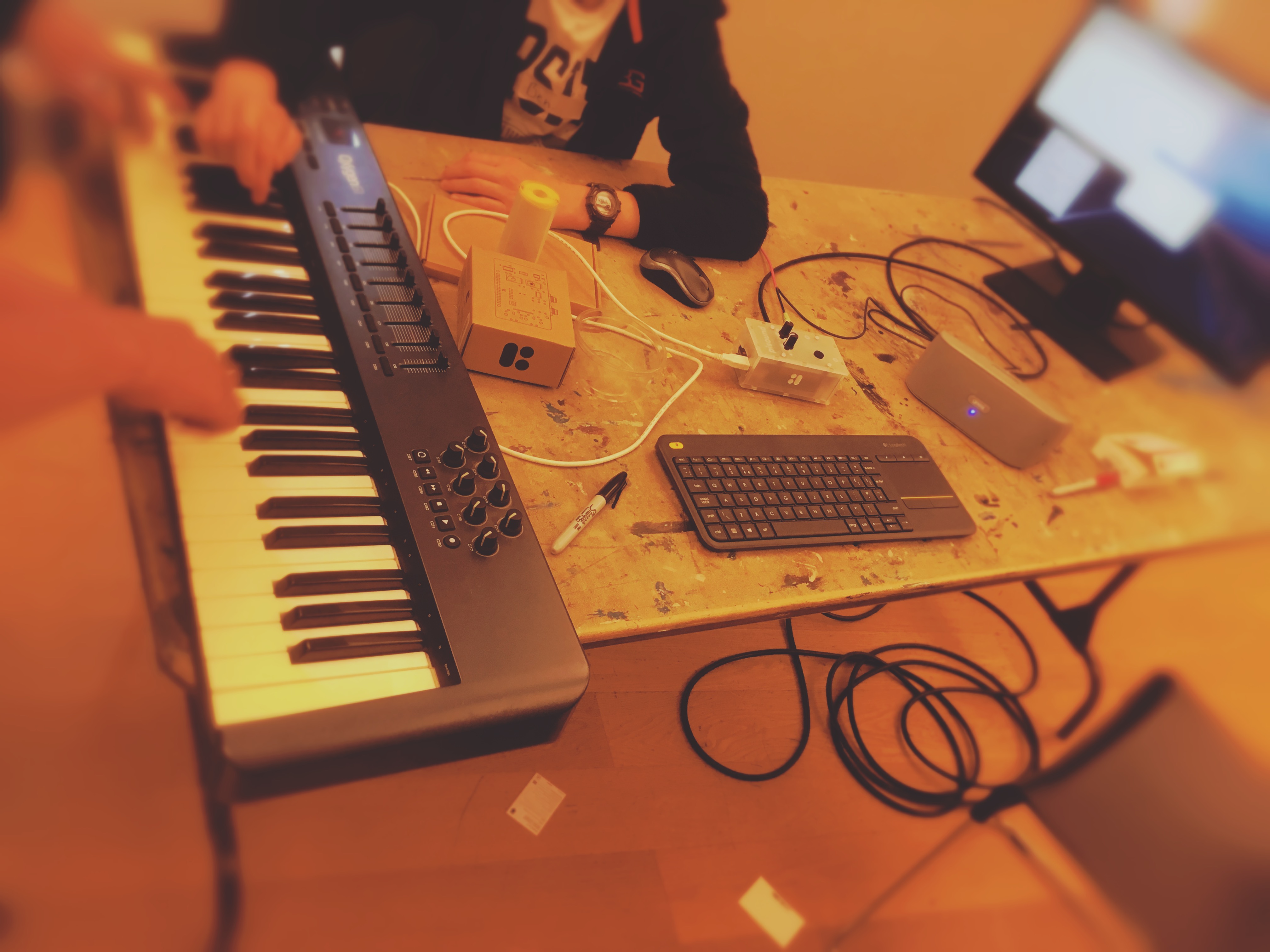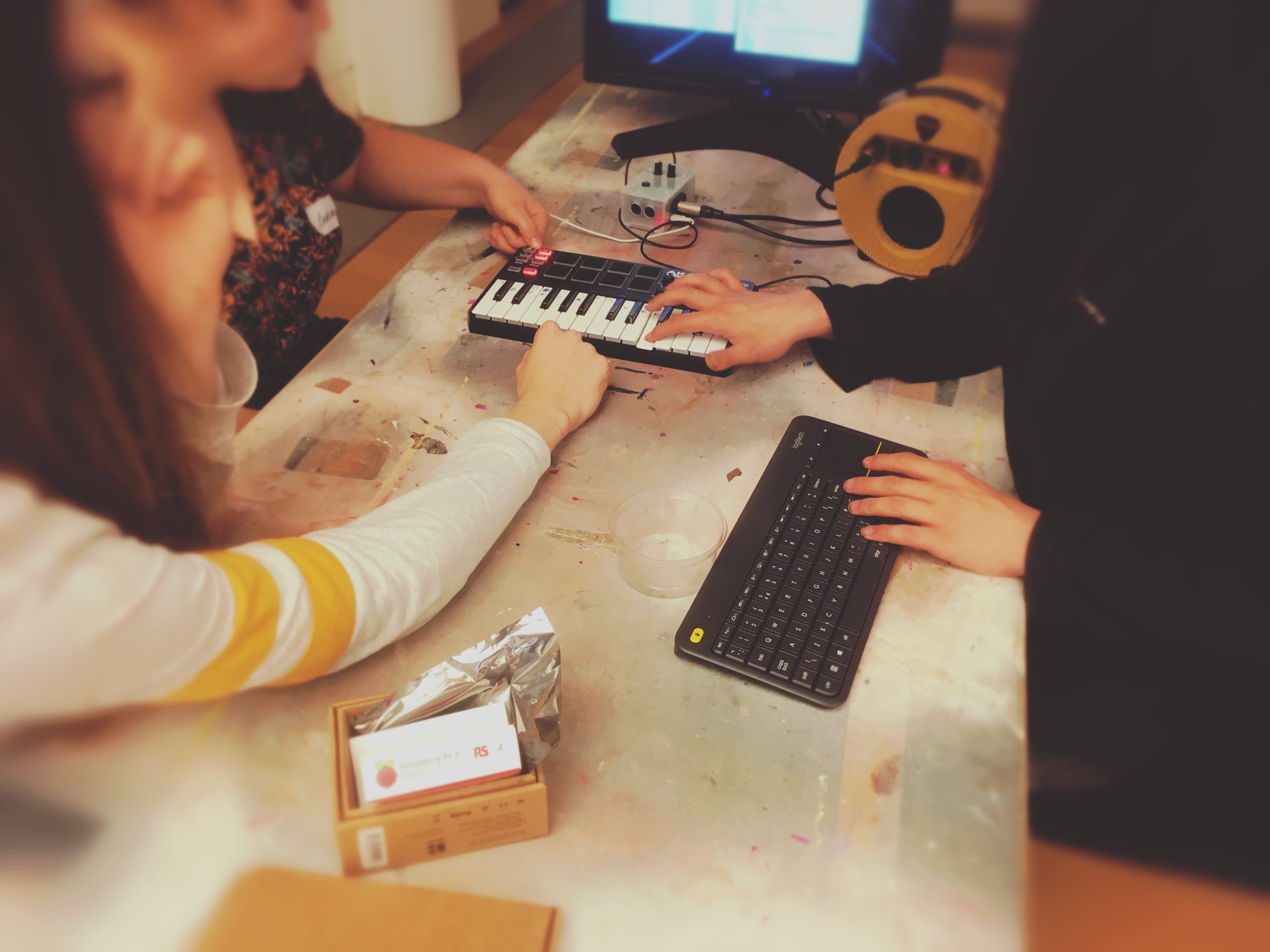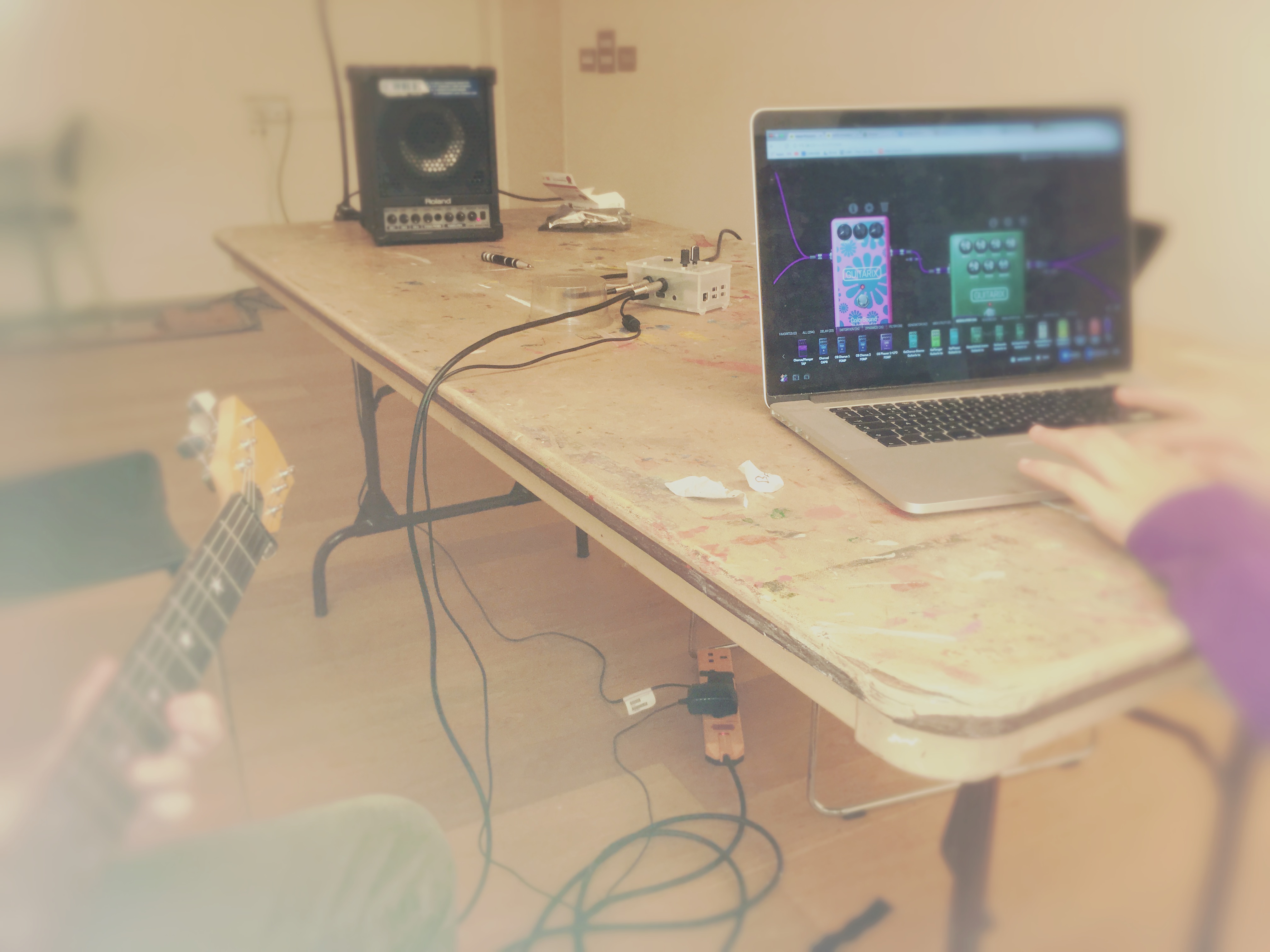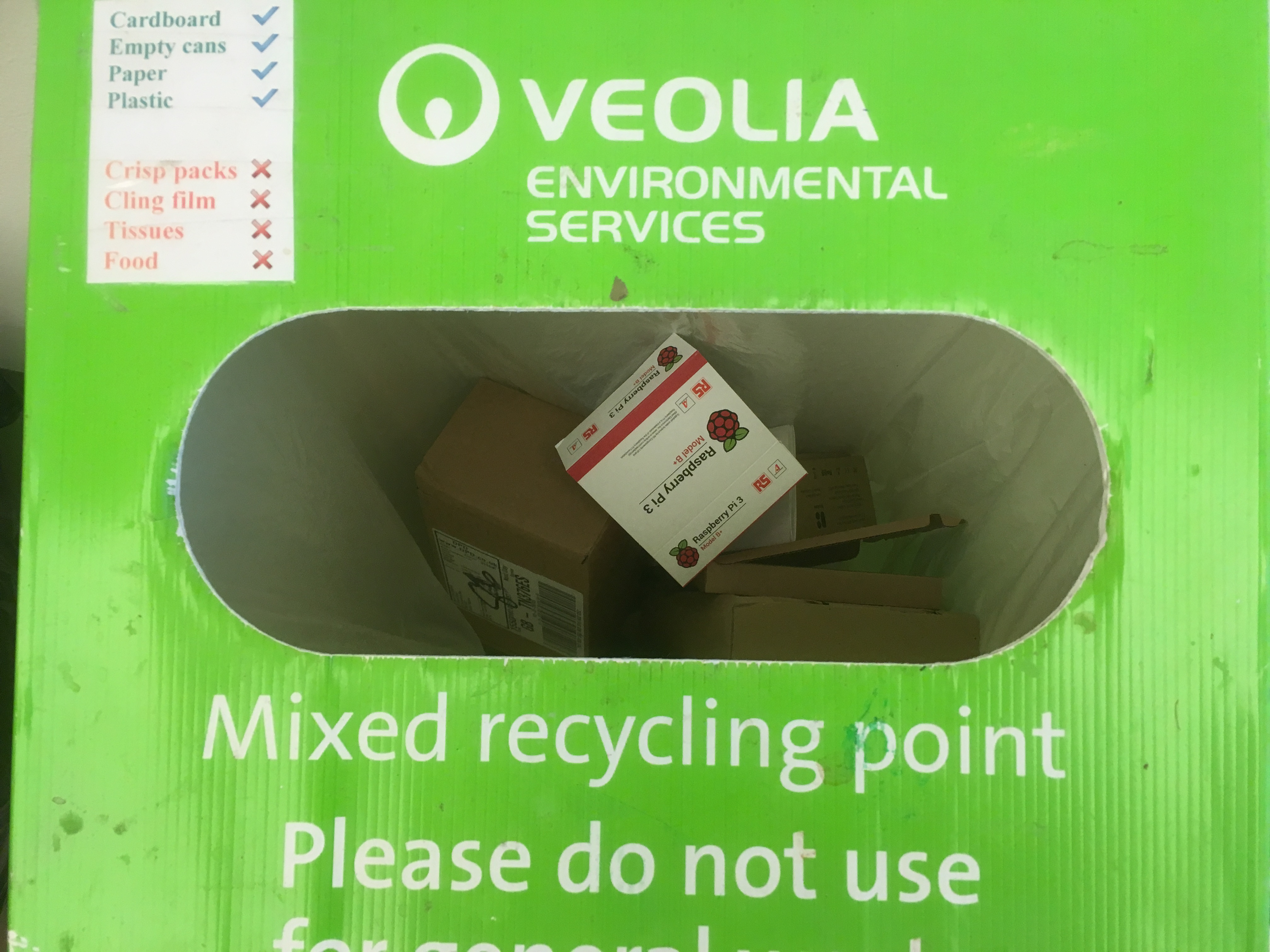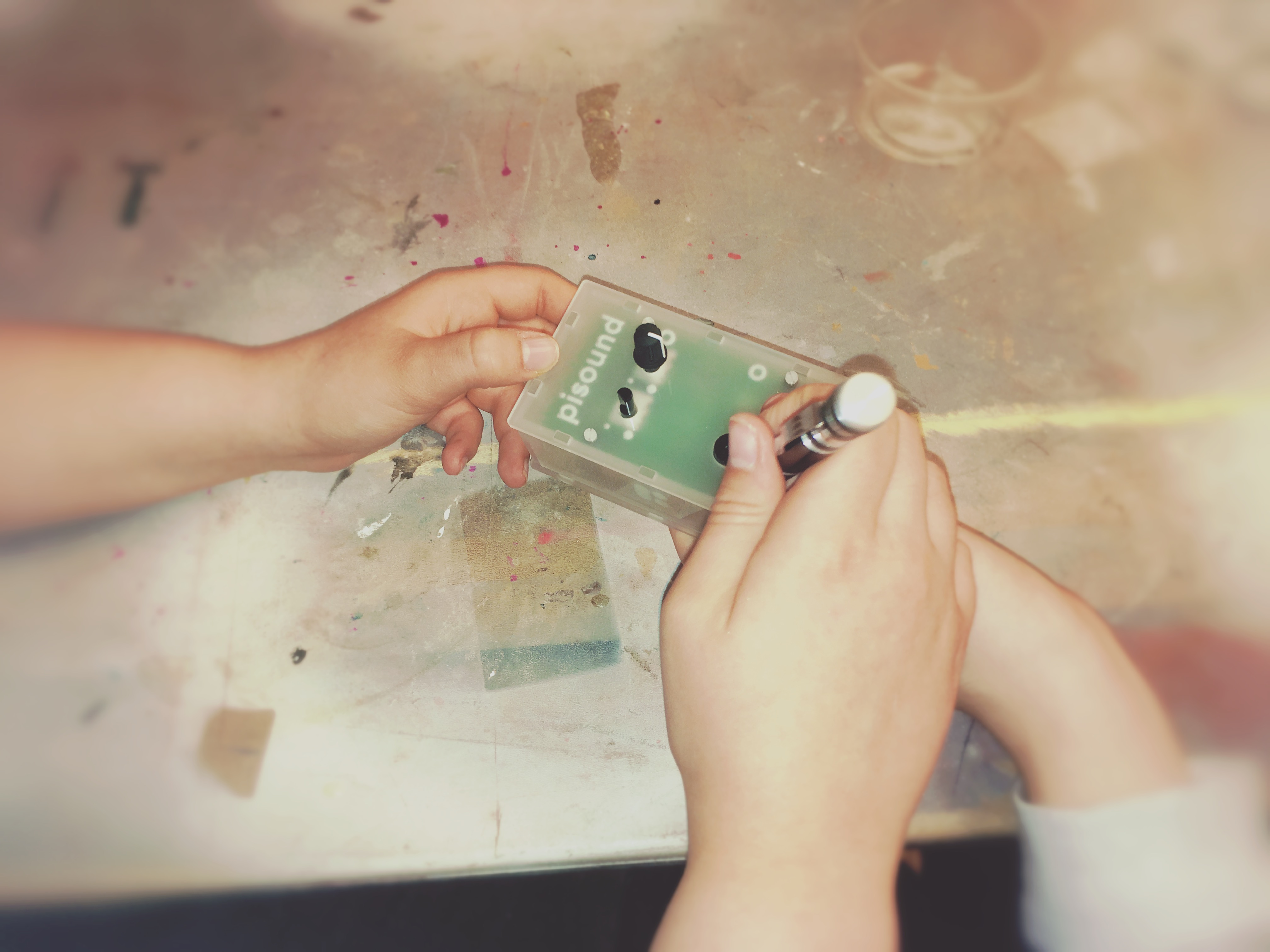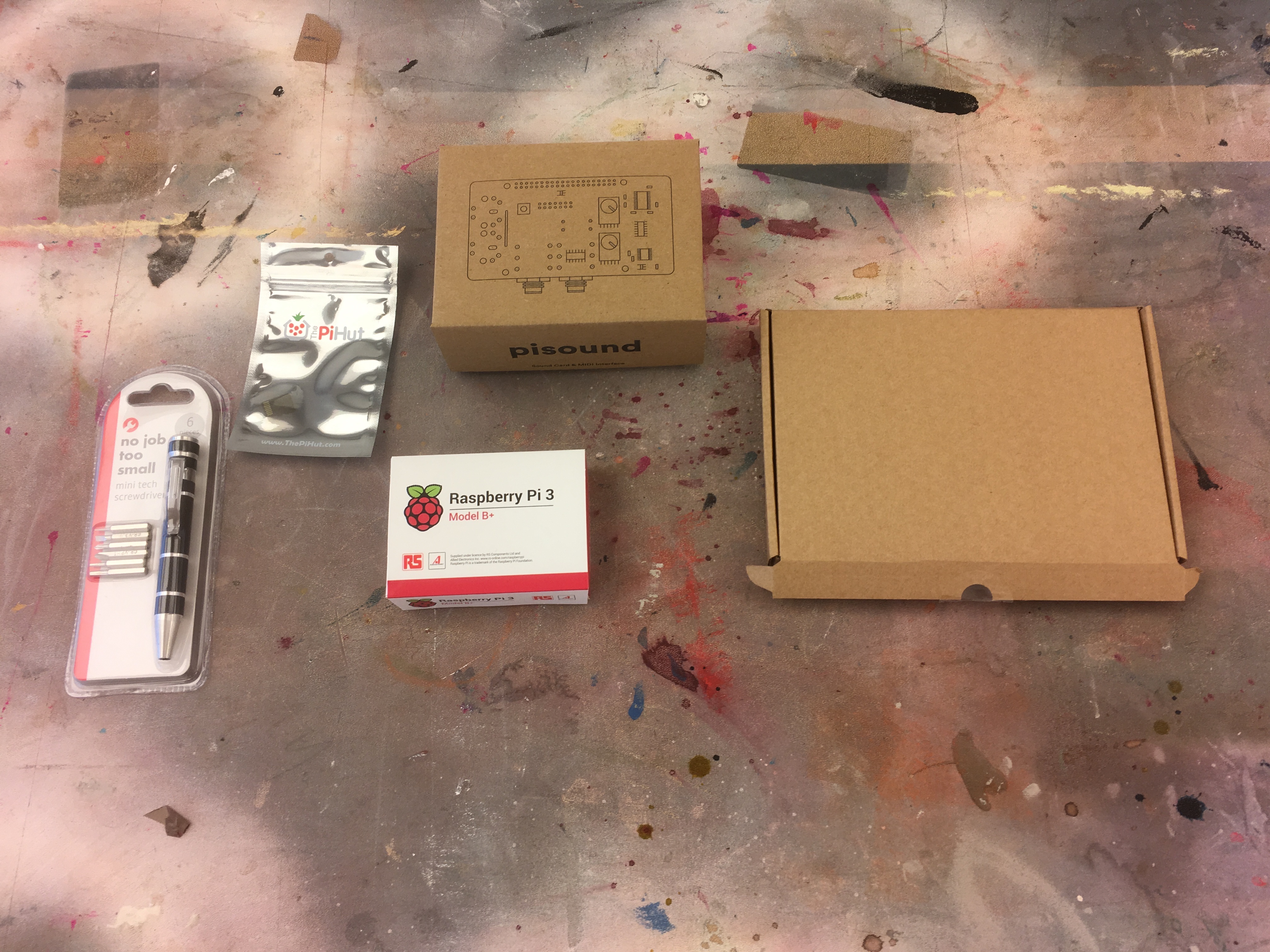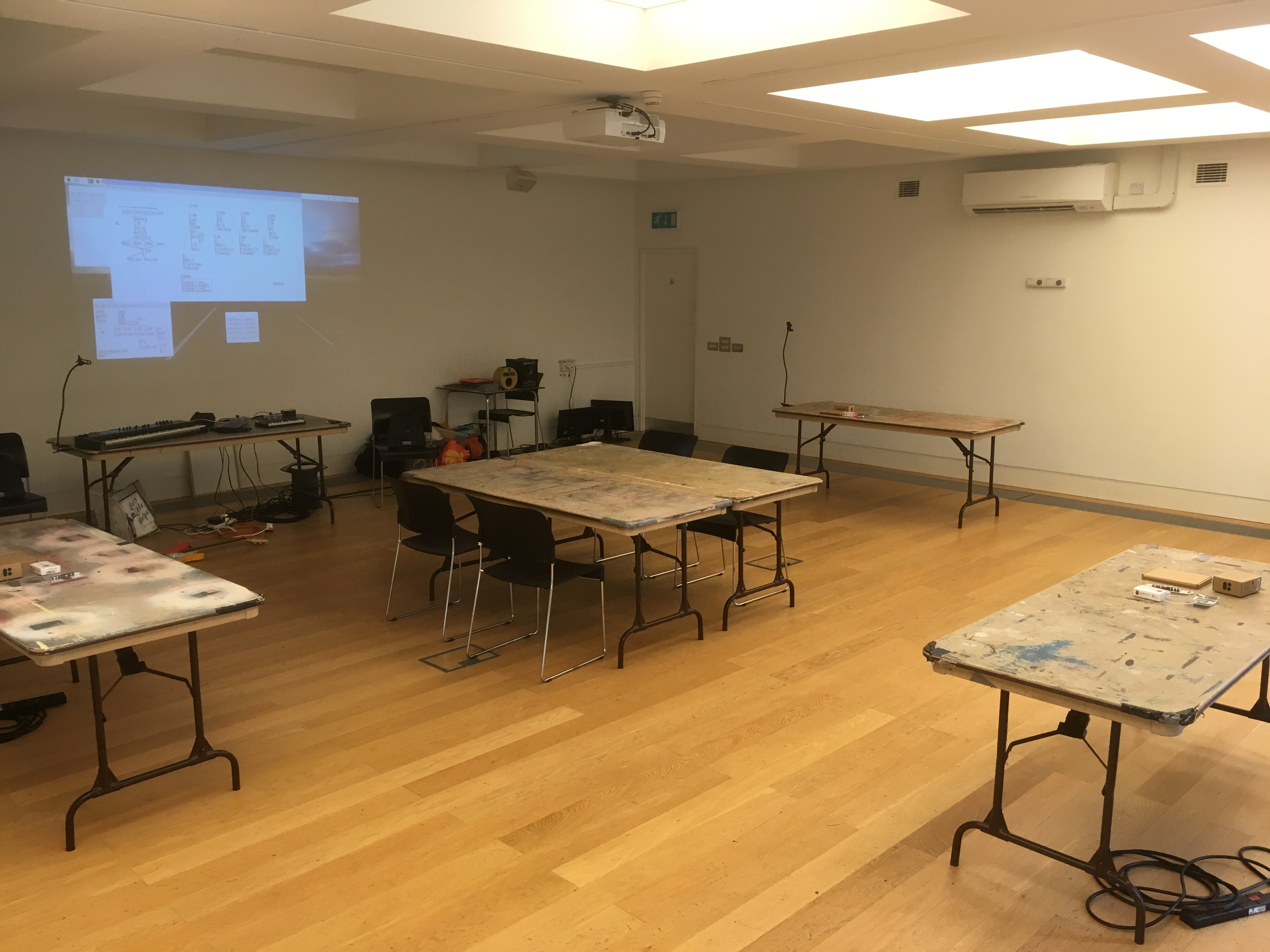I am super exited and very grateful to Blokas to be in the position to start delivering community computing learning sessions with Raspberry Pi and Pisound at the end of this month with DeLaWarr Pavillion in East Sussex England
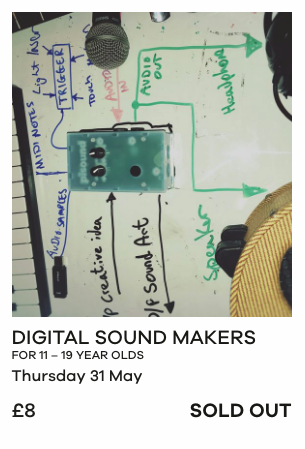
https://www.dlwp.com/event/digital-sound-makers/
In this first session for beginners I will be teaching how to construct a Pi system with Pisound how to make some simple patches in Pure Data and hope to create some sound art installations as three one hour activities. any thoughts or ideas how I can best compliment activities are greatly welcome. I will be feeding back here after the event.
